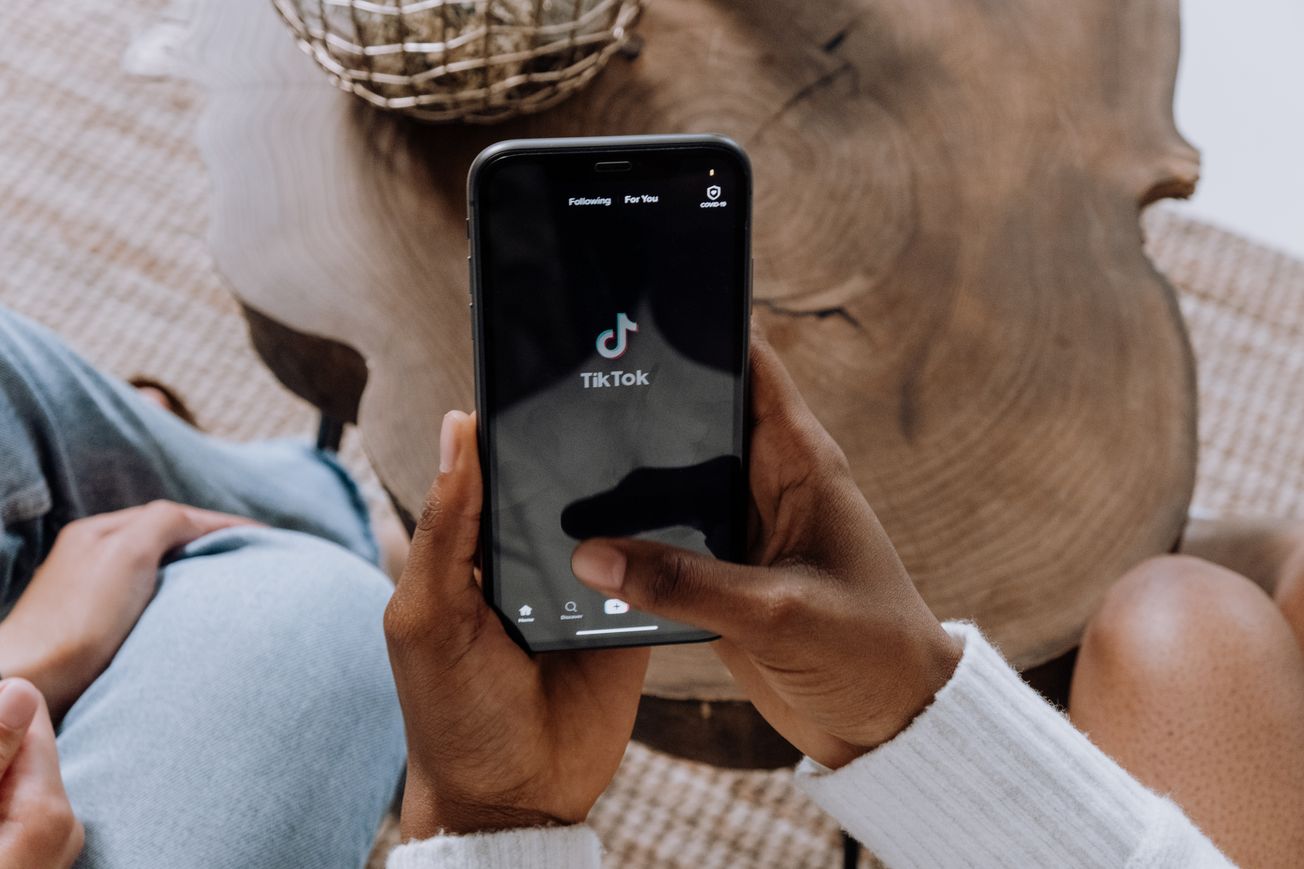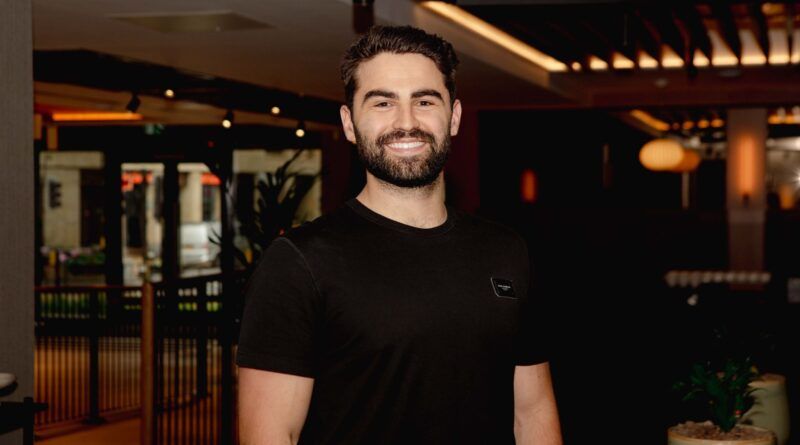TikTok's recent introduction of a badge monitoring app called MyRTO has sent shockwaves through the corporate world. While the company claims it's aimed at enforcing office attendance policies as part of a return-to-office mandate, this move raises not only ethical concerns but also amplifies broader issues surrounding TikTok's surveillance culture. In this article, we'll delve into the repercussions of this controversial decision and why it could prove detrimental to the platform.
TikTok's Controversial Monitoring Approach
In an era where work-life balance and flexibility are highly valued by employees, TikTok's approach to enforce office attendance is a risky endeavor that could negatively impact its brand, employee retention, productivity, and morale. MyRTO, TikTok's newly deployed employee badge monitoring app, tracks badge swipes as employees enter the office.
TikTok's policy dictates that employees must be physically present in the office at least three times per week, with some being required to show up five days a week. MyRTO has the power to demand explanations for absences when employees are expected to be on-site. The data collected by MyRTO is shared with the human resources department and is visible to the employees themselves. In extreme cases, TikTok has even threatened termination for employees whose home addresses don't match their designated office locations. The stated goal of this policy is to create transparency and clarity regarding return-to-office expectations.
The Perils of Employee Monitoring
Research, as reported in Harvard Business Review, suggests that employee monitoring can lead to unintended consequences. A survey of over 100 U.S.-based professionals, some under surveillance and some not, revealed a striking trend: employees under scrutiny were more likely to engage in unauthorized breaks, insubordination, willful property damage, theft, and working at a deliberately slow pace, among other rule-breaking behaviors.
To understand this correlation better, an experimental study was conducted. Two hundred U.S.-based employees were asked to complete tasks, with half being informed that they would be electronically monitored during specific assignments. Surprisingly, those aware of the monitoring displayed a higher propensity for unethical conduct, including cheating, compared to their unmonitored counterparts.
The researchers explained this seemingly paradoxical finding by highlighting that employees who knew they were being watched were more likely to shift the responsibility for their actions to the authority figures conducting the surveillance. This decreased sense of personal agency made them more prone to acting against their moral compass.
To mitigate the erosion of agency and moral responsibility indicated by this research, leaders must ensure that monitoring procedures are perceived as fair. TikTok's MyRTO tool, as evidenced by employee leaks to the New York Times, appears to have fallen short in this regard.
Employee Attitudes Toward Surveillance Technology
Numerous surveys reflect negative employee sentiments regarding surveillance technology. For example, a survey of 500 IT managers and 500 non-manager IT workers conducted by 1E found that 73% of IT managers would be uncomfortable instructing their staff to deploy productivity surveillance tech. A significant number of IT managers reported increased employee attrition (28%) and hiring difficulties (27%) when such tools were employed. Over half of IT workers (52%) would reject a desirable job offer if they knew the company used employee productivity surveillance technology. Three-quarters of IT workers stated that being required to deploy such software to monitor other employees would negatively affect their willingness to remain in their current positions, with 30% actively seeking new jobs. Another survey of 750 technology workers by Morning Consult found that half of tech workers would decline a job offer if the company employed surveillance techniques.
Given these findings, it's highly likely that TikTok's tech employees are feeling disengaged, demotivated, and disillusioned by the MyRTO surveillance technology. This is likely to result in increased attrition and reduced productivity.
Amplifying PR Nightmares
TikTok's decision to implement MyRTO compounds the company's existing association with surveillance. The platform has faced legislative inquiries and the threat of national bans due to concerns about surveillance and alleged connections with the Chinese government. TikTok is already navigating a precarious PR landscape, making it especially susceptible to further damage.
MyRTO magnifies this precarious situation by reinforcing a corporate culture that appears to prioritize hyper-surveillance and constant oversight over trust and individual autonomy. The narrative being constructed portrays TikTok as willing to sacrifice the organic relationships between management and employees in the pursuit of excessive surveillance.
In today's fast-paced information-sharing environment, a PR blunder of this magnitude carries significant risks. It's not just a matter of immediate negative publicity; the long-term consequences can erode stakeholder trust, impact user growth, and attract regulatory scrutiny. The perception of TikTok as a dystopian corporate environment could become a latent liability, hindering future partnerships and tarnishing the brand in complex and far-reaching ways.
Conclusion: TikTok's Misstep and the Path Forward
While the MyRTO tool may seem like a minor internal administrative change, it encapsulates the essence of TikTok's problematic approach and public image. TikTok must recognize that its actions extend far beyond its offices, influencing its brand reputation and broader conversations about ethical corporate conduct and workplace culture.
TikTok's deployment of MyRTO may achieve short-term compliance but risks eroding trust and adding to existing skepticism about the company. It reflects rigidity and an outdated understanding of productivity, rather than adaptability and forward-thinking. Companies aiming for a strong position in the marketplace should prioritize transparency, employee autonomy, and ethical practices.
As businesses adapt to new work modes, those embracing these principles are likely to lead, while those clinging to surveillance and control may face more significant challenges ahead. TikTok must reassess its stance on employee monitoring to avoid a severe reputational crisis. Actions, not words, will determine whether TikTok can dispel the narrative that it embodies "control, surveillance, and manipulation."







